Orthopaedic Physiotherapy
Physical therapy and orthopaedic care work closely to enhance the health and well-being of individuals with musculoskeletal disorders. Orthopaedic physiotherapy is a medical field utilising non-invasive techniques and exercises to help individuals with musculoskeletal impairments, chronic diseases, and injuries. Orthopaedic care encompasses diagnosing, treating, and rehabilitating musculoskeletal injuries affecting the bones, joints, tendons, ligaments, and muscles. The different therapy techniques improves patients’ range of motion, alleviates pain, and restores functionality.
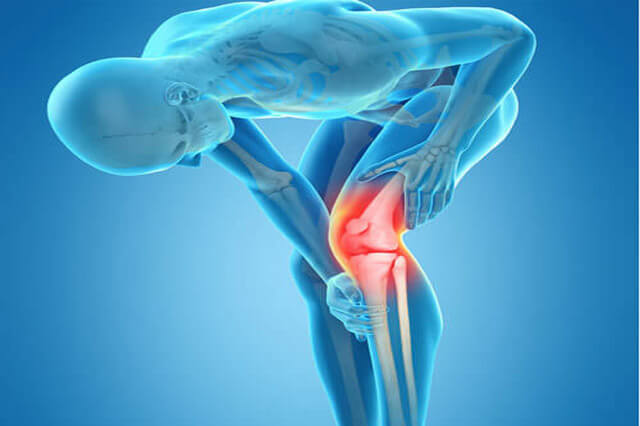
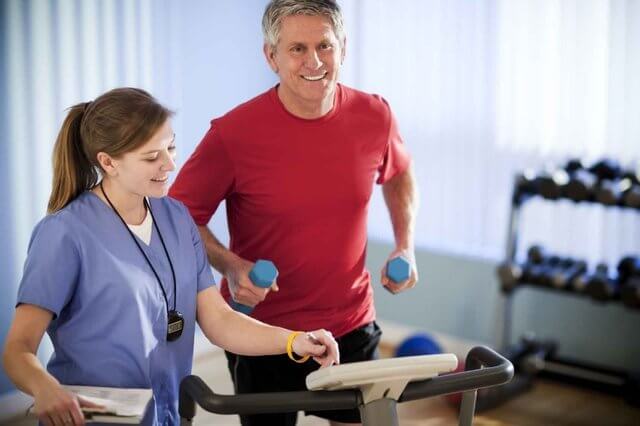
Cardio Respiratory Physiotherapy
Cardio-respiratory physiotherapy aims to maintain optimal lung function, help clear lung secretions, prevent or improve areas of lung collapse, increase lung expansion and reduce the effort of breathing. This form of physiotherapy helps treat patients with chronic respiratory conditions such as lung fibrosis. It is also useful in patients with an acute respiratory illness or following cardiothoracic surgeries.
Neurological Physiotherapy
Neuro physiotherapy is a branch of physiotherapy dedicated to improve the function of patients who have suffered physical impairment caused by neurological conditions. Physiotherapy is used to help maintain and recover gross and fine motor functions, to prevent muscle wasting and preserve movement of joints, muscles and tendons in individuals who have nerve injuries, stroke or are bed ridden due to any reason. Passive physiotherapy helps keeping the muscles active and the joints flexible, prevents wasting and deterioration of function, as well as promote rehabilitation.

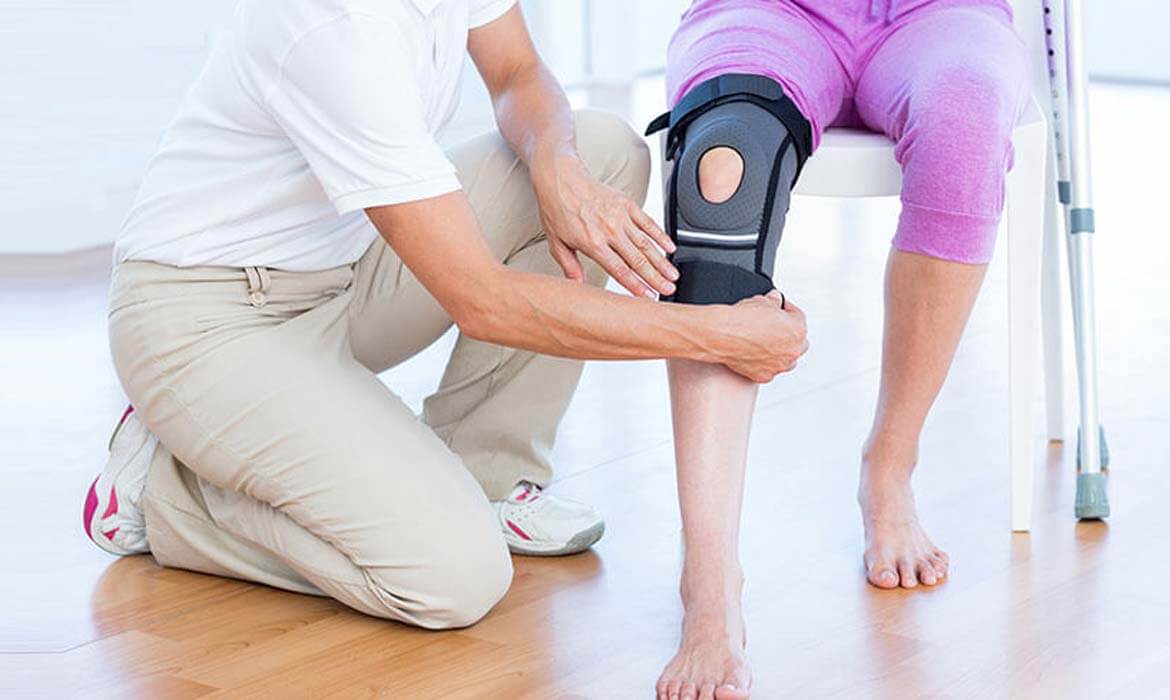
Post-Surgical Physiotherapy
Post-surgical rehabilitation may be necessary for a variety of surgical procedures including orthopaedic, cardiac, thoracic, neurological and abdominal surgery. All types of surgery present with a number of post operative consequences which can be helped with physiotherapy thus ensuring quick return to routine activities.
Sports Physiotherapy
Sports and Exercise Physiotherapists are involved in the prevention, treatment, management and rehabilitation of injuries resulting from sport and exercise participation at all ages and at all levels of ability. The physiotherapists provide advice and ways on safe participation in different sports and exercise routines. Furthermore, they promote an active lifestyle to aid individuals in improving and maintaining their quality of life. Sports and Exercise Physiotherapists also play a huge role in helping athletes to enhance their performance.
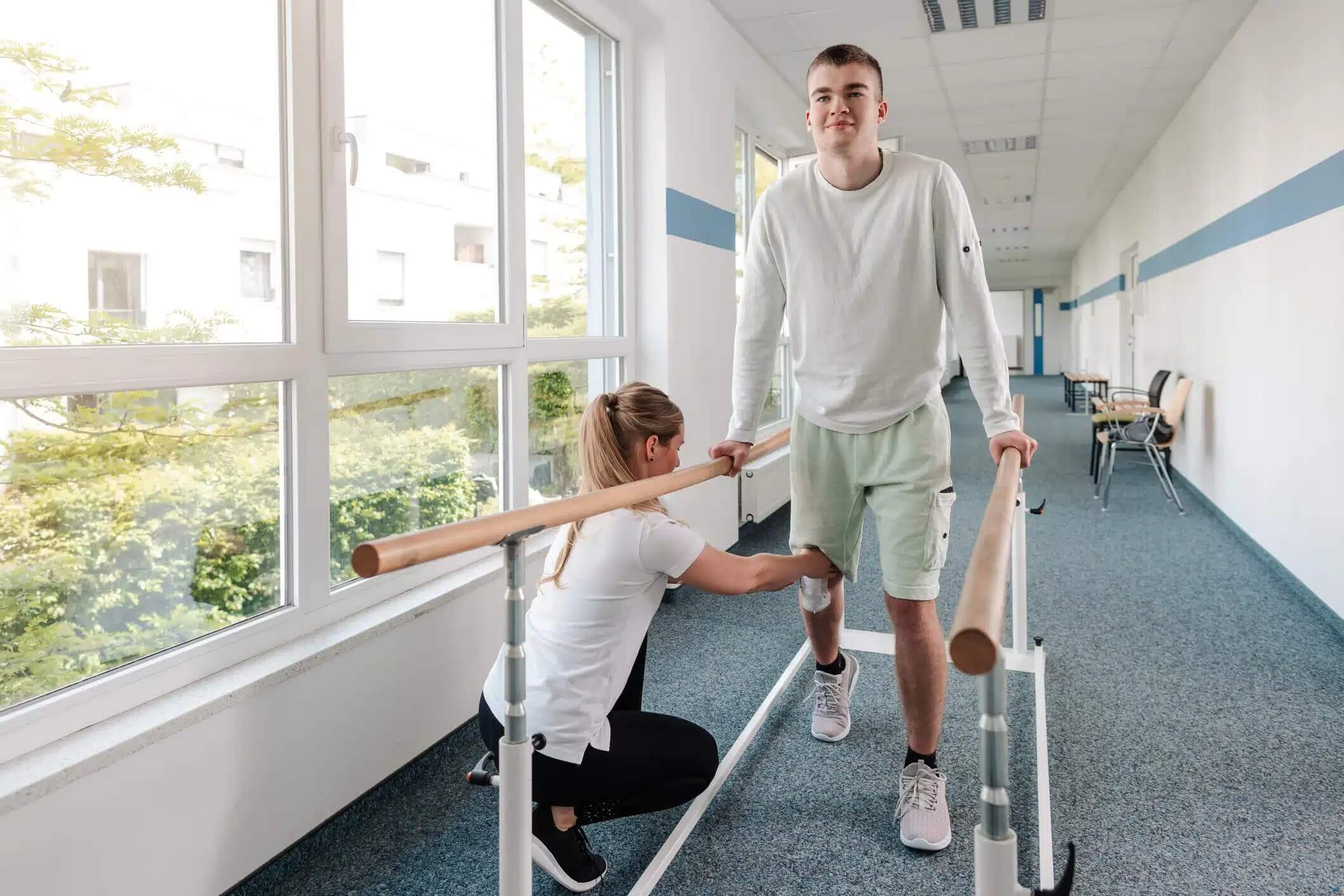

Pain Management Physiotherapy
Physiotherapy for chronic or persistent pain aims to help people live well and comfortable life without pain. Physiotherapy treatment to relieve pain may include stretching to relieve tension and spasm, joint mobilisations, electrotherapy, corrective exercise, posture awareness, and advice on how to overcome pain in your daily activities. Customised exercise protocol, ergonomic advice, workstation alterations, do’s and don’ts help patients to recover fast and prevent recurrence.
Palliative Physiotherapy
Physiotherapists play an inherent role in the multidisciplinary palliative care team emphasizing on improving function and quality of life in patients who are deemed to require physical and functional dimensions of care. Physical dimension is one’s experience of the physical discomfort and functional limitation associated with progressive illness. Physical therapy aims for symptomatic relief, management of physical issues such as mobility, strength, flexibility, endurance, deformity, co-ordination, balance, gait, breathing, exercise tolerance and energy expenditure.

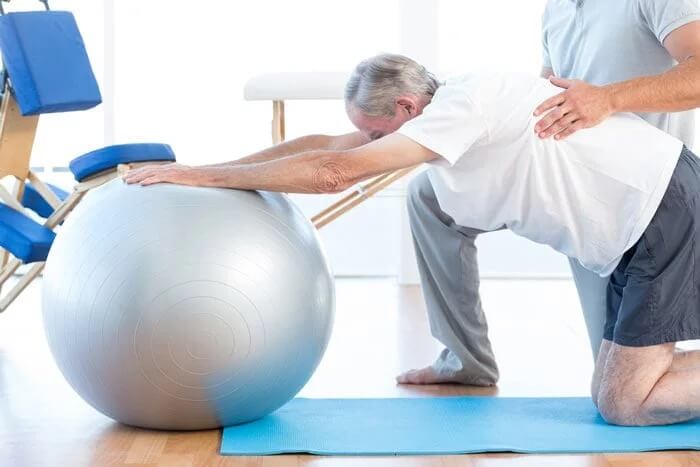
Geriatric Physiotherapy
Geriatric physiotherapy is a physical therapy that deals with the issues concerning elderly people. It is used in various Geriatric conditions where elderly people are home bound thus become less active, lose muscle strength, decrease coordination, and have balance loss. It focuses on improving balance and stamina in older persons, preventing deconditioning, decreasing the accidental risk of fall and related injuries.
Preventive Physiotherapy
Preventative physical therapy is offered to people as a way of preventing lifestyle diseases, occupational hazards, work station related issues, growth and developmental problems in children, posture problems. This type of physiotherapy works by strengthening the body, improving mobility, and identifying potential problem areas before they become major issues. Many clients attend physical therapy regularly, in order to enjoy good health, fitness and as a part of wellness routine.
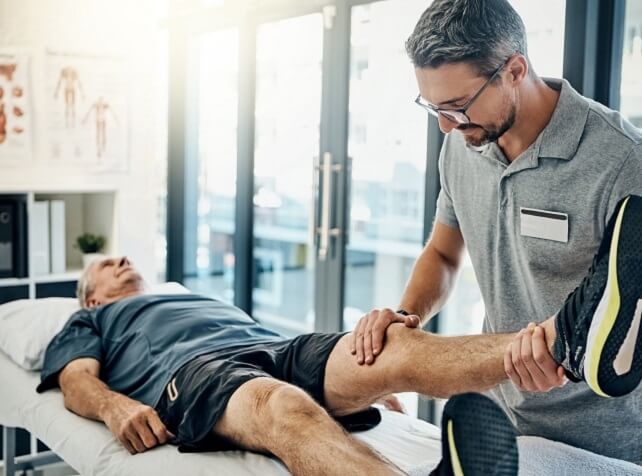

Paediatric Physiotherapy
Paediatric physiotherapy is the treatment and care of babies and children. Paediatric physiotherapists bring their specialist skills, knowledge and experience to treat child developmental disabilities. Paediatric physiotherapists identify movement and functional difficulties thus helping children to achieve functional mobility. They asses, treat and advise on exercises and activities which makes them independent in their day to day activities.
Women Health Physiotherapy
Physiotherapy plays a vital role in women's health, addressing various issues from pelvic floor dysfunction and postpartum care to postoperative rehabilitation, fatigue management, bladder or bowel issues, chronic pain, antenatal exercises. Women's Physiotherapy provides specialized interventions and exercises tailored to women's specific needs, promoting optimal function, pain relief, increase in muscle mass and improved quality of life.

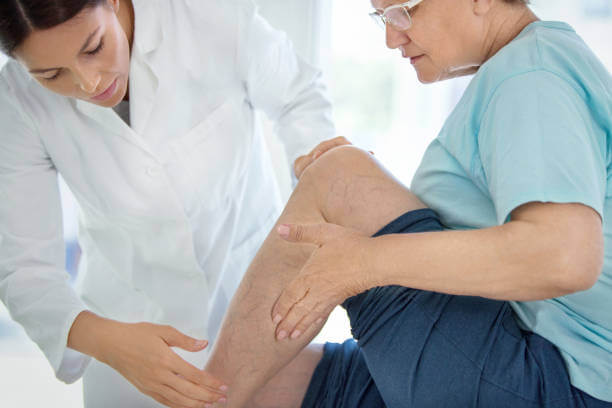
Vascular Physiotherapy
Physiotherapy after vascular surgery will involve exercises to improve circulation, movement and strength, as well as regaining mobility, walking and tackling stairs. Patients may require the use of a walking aid like a wheeled frame or crutches. Patients undergoing vascular surgeries may require amputation of limb. Physiotherapy rehabilitation will include assessment and strengthening for amputated limb, techniques to use assistive devices and techniques to transfer independently. Balance re-education and functional tasks are also important part of the regime.
